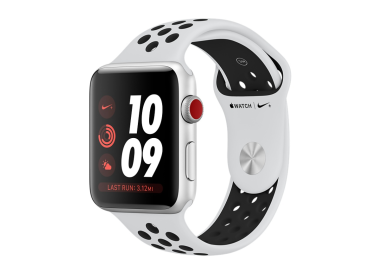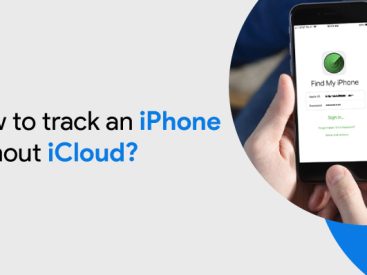Contents
Introduction
Is Bitmoji safe? It’s a question that many users ask as they navigate the colorful world of digital avatars and emojis. This app has become a favorite for many, especially among Gen-Z, for adding a splash of personality to chats. However, concerns about privacy and safety are also popping up. In this article, we’ll explore the safety of Bitmoji, including its app security features, the privacy policies in place, the risks that come with using it, and user experiences. By the end, you’ll be equipped with the knowledge to decide whether or not Bitmoji fits your needs.
Safety of Bitmoji

When it comes to any app we use, safety is a big deal, right? Bitmoji doesn’t hold back with its security features. For starters, let’s talk about encryption. This ensures that your conversations and data are scrambled and almost impossible for outsiders to access. It’s like having a digital vault for your emojis!
However, while encryption is great, it’s not the only element that matters. Users have raised concerns about data breaches in apps like Bitmoji, which can happen when there’s a loophole in the security system. So, yeah, while most interactions are safe, we must remain aware that risks are lurking somewhere out there.
Additionally, there’s the possibility of malicious use of avatars. What if someone decides to impersonate you or misuse your avatar? This is where user vigilance comes into play. The more we educate ourselves about potential threats, the better prepared we are!
Privacy Policies

Now, let’s dig into the privacy policies of Bitmoji. Ever wondered what happens to your data once it’s shared? Bitmoji collects user data, and while this is standard for free apps, it’s essential to know what kind of data they’re gathering. From basic info to your location, understanding this can help us evaluate the true safety of any app.
As a user, you have rights concerning your data. Bitmoji provides options for users to control what they share. Managing your privacy settings is critical! You can limit third-party access to your information. However, some users find the control to be somewhat limited—so it’s all about weighing the options.
For a deeper understanding of how Bitmoji handles your data compared to other apps, check out this article from NordVPN on Bitmoji Keyboard App Privacy.
Risks Associated with Bitmoji

Like many fun apps, Bitmoji comes with its set of risks. First up, the limitations of privacy settings can leave users feeling exposed. Even though you can control much of your data, not everything is customizable. So, if you’re a privacy buff, you might find it a bit lacking.
Another concern is the potential for third-party access to user data. With apps like Bitmoji, some of your information may be shared with advertisers or partners. This raises questions about how secure your data truly is. You wouldn’t want your emoji expressing something you didn’t intend to share, right?
Moreover, it’s crucial to consider the risks of sharing personalized content. You may think it’s all fun and games when creating emojis, but what if someone takes your artwork and uses it inappropriately? This is a real concern, and it’s one that I don’t take lightly.
User Experiences and Feedback
So what are users saying about their experiences with Bitmoji? Personally, I’ve read tons of reviews—some love it for its fun features, while others express worry about safety. A lot of users discuss the need for better security measures and often complain about the feeling of vulnerability. Yet, many appreciate how easy it is to share bits of personality through their avatars.
If you’re on the fence, I recommend diving into user feedback. It helps paint a clearer image of what to expect. For more insights, you can explore Safety Detectives’ take on Bitmoji safety.
Alternatives to Bitmoji
If after reading this, you’re still feeling uneasy about Bitmoji, fear not! There are alternatives to explore. Apps like Giphy, Apple’s built-in options, and even Snapchat offer similar features without putting your data at risk. They might provide a safer experience while still allowing you to express yourself.
When considering alternatives, it’s essential to look at their safety and privacy features. Some apps might not be as well-known but could be laying some serious groundwork on protecting user data.
For example, Samsung has its Emoji app, packed with fun options while focusing on user safety. So, don’t hesitate to seek out alternatives that fit your style and security preferences!
Conclusion
In conclusion, while Bitmoji offers a fun and engaging way to communicate, there are real questions about its safety and privacy. I encourage you to leave your thoughts in the comments, share your experiences with Bitmoji, or explore more exciting content on iPhone7price.org. Let’s keep the conversation going and help each other stay safe in the digital world!


